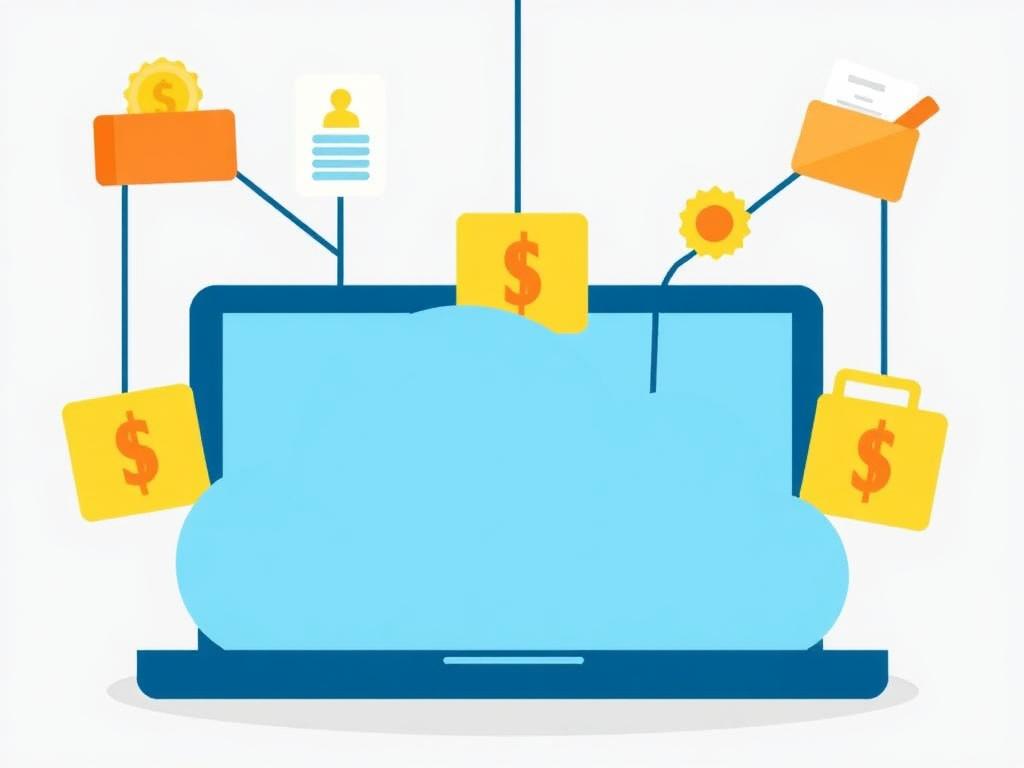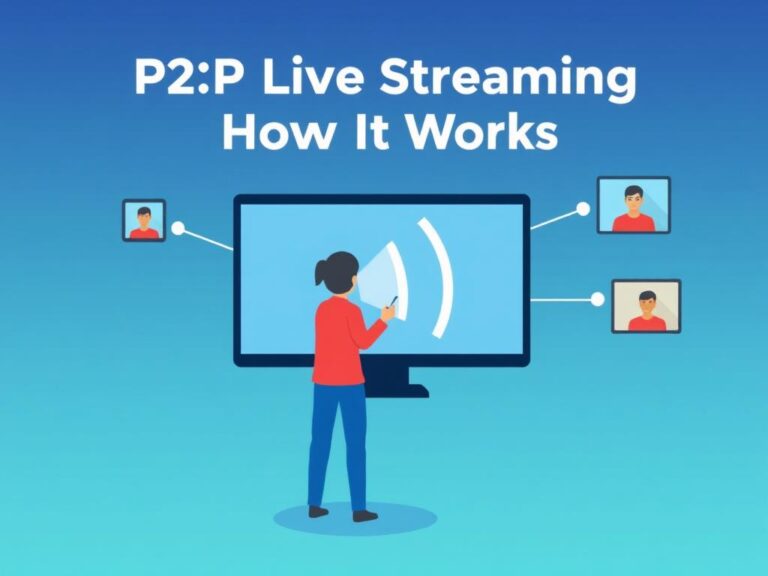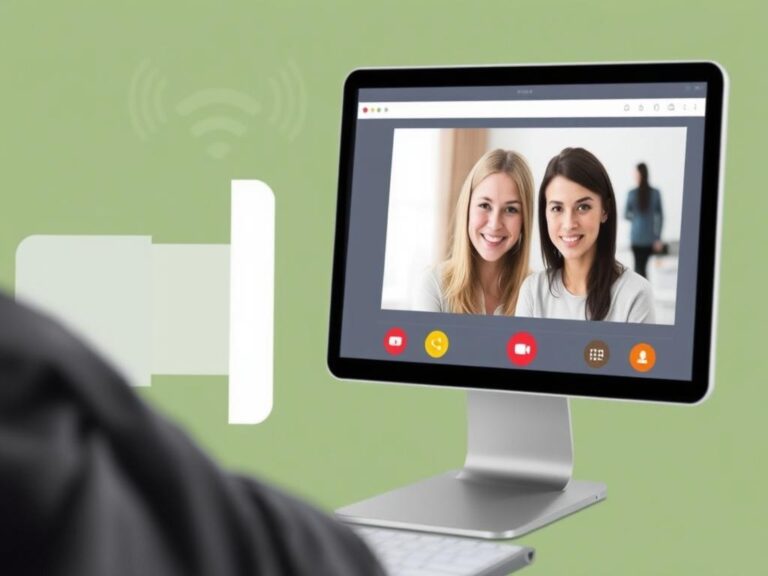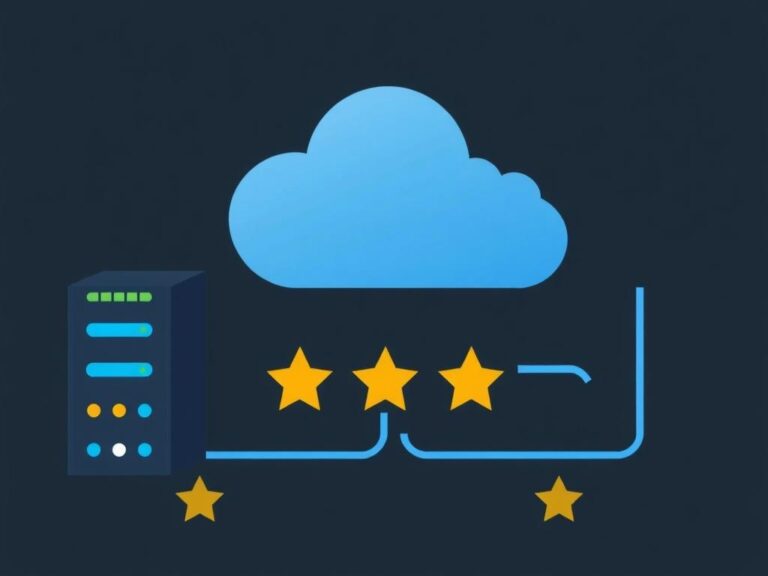Understanding the Legal and Ethical Issues of P2P File Sharing
Peer-to-peer (P2P) file sharing has revolutionized the way people exchange digital content, from music and movies to software and documents. At its core, P2P technology allows users to share files directly without relying on centralized servers, making file distribution faster and often free of charge. However, this convenience comes with a host of legal and ethical challenges that continue to stir debate among users, creators, and regulators alike. In this article, we’ll explore the intricacies of P2P file sharing, uncover the legal boundaries, ethical considerations, and the impact on individuals and industries.
What is P2P File Sharing?
P2P file sharing is a method of sharing digital files where each participant (peer) acts as both a client and a server. Unlike traditional file downloads that involve a centralized server, P2P networks connect users directly to each other, enabling the transfer of files from multiple sources simultaneously. This method increases efficiency and speed while reducing the burden on any single server.
Popular P2P platforms such as BitTorrent and formerly Napster allowed millions worldwide to share files ranging from entertainment media to software. While this was a breakthrough for easy access and distribution, it soon attracted scrutiny because much of the shared content was copyrighted, raising important legal questions.
Legal Challenges Surrounding P2P File Sharing
The legality of P2P file sharing is a complex and often gray area, mainly dependent on what is shared and where. Let’s break down the main issues:
Copyright Infringement
One of the most prominent legal concerns with P2P file sharing is copyright infringement. When a file shared over P2P networks contains copyrighted material—like music tracks, movies, or software—sharing it without permission from the copyright holder is usually illegal. Many artists, production studios, and software companies have pursued legal action against infringers.
Copyright laws vary by country but generally give creators exclusive rights over how their content is distributed and used. Unauthorized P2P sharing contravenes these rights and may result in lawsuits, fines, and criminal charges.
Liability of P2P Users and Platforms
While users might bear the brunt of infringement claims, responsibility can sometimes extend to P2P platforms themselves. Courts have occasionally ruled that platforms enabling widespread piracy can be held liable if they knowingly facilitate illegal activity. On the other hand, some P2P networks argue their technologies are neutral and can be used legally.
Fair Use Exceptions
It’s important to note that not all file sharing is illegal. Some uses fall under “fair use” exceptions, such as sharing publicly available or open-license content, or distributing content for educational purposes. These exceptions vary widely depending on jurisdiction and specific circumstances.
Ethical Considerations in P2P File Sharing
Beyond legal issues, sharing files through P2P networks brings up ethical questions, including respect for creators, fairness, and social responsibility.
Respecting Intellectual Property
Ethically, sharing copyrighted content without permission undermines the effort and rights of creators who invest time and resources into producing their work. When people download music, movies, or software illegally, it can reduce the revenue that artists and companies earn, potentially impacting their ability to continue creating.
Access to Information and Culture
On the flip side, advocates argue that P2P sharing can democratize access to cultural and educational content, especially in regions where traditional distribution methods are limited or costly. This raises ethical questions about the balance between protecting creators and enabling free access to knowledge.
Security and Privacy
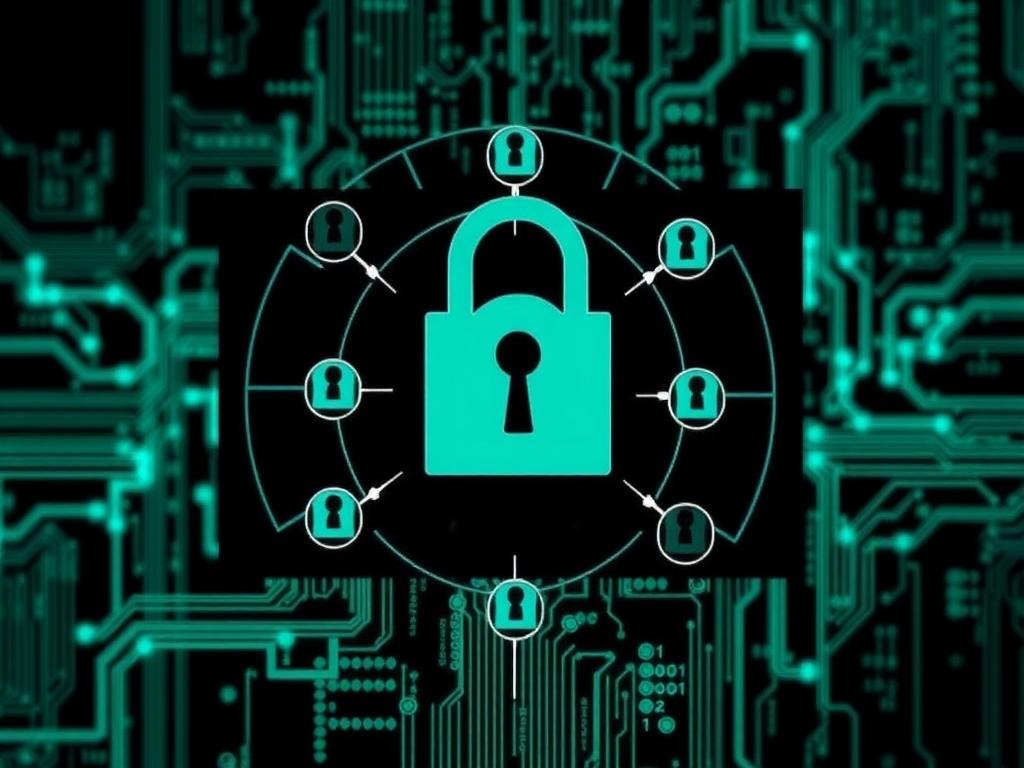
P2P networks can sometimes expose users to privacy risks, including the possibility of malware, identity theft, and unauthorized access to personal data. Ethical P2P sharing should include practices to protect one’s own and others’ digital privacy.
P2P File Sharing: Impact on Industries and Consumers
The rise of P2P file sharing has significantly affected various industries, particularly entertainment and software.
Entertainment Industry Response

The music and film industries faced massive revenue declines linked to P2P piracy in the early 2000s, prompting shifts in business strategies. Many companies turned toward legal streaming services or digital sales platforms to offer convenient, affordable, and legal options.
Software and Gaming
For software developers and game studios, P2P piracy represents a serious threat as cracked versions of programs spread quickly online. This has led to the use of more sophisticated digital rights management (DRM) technologies and legal enforcement aimed at reducing piracy.
Consumer Perspectives
Some consumers view P2P file sharing as a way to sample and discover content before committing financially, while others see it as a way to avoid paying. This divergence shapes ongoing debates about whether more affordable legal alternatives could reduce piracy and change user habits.
Legal Alternatives to P2P File Sharing
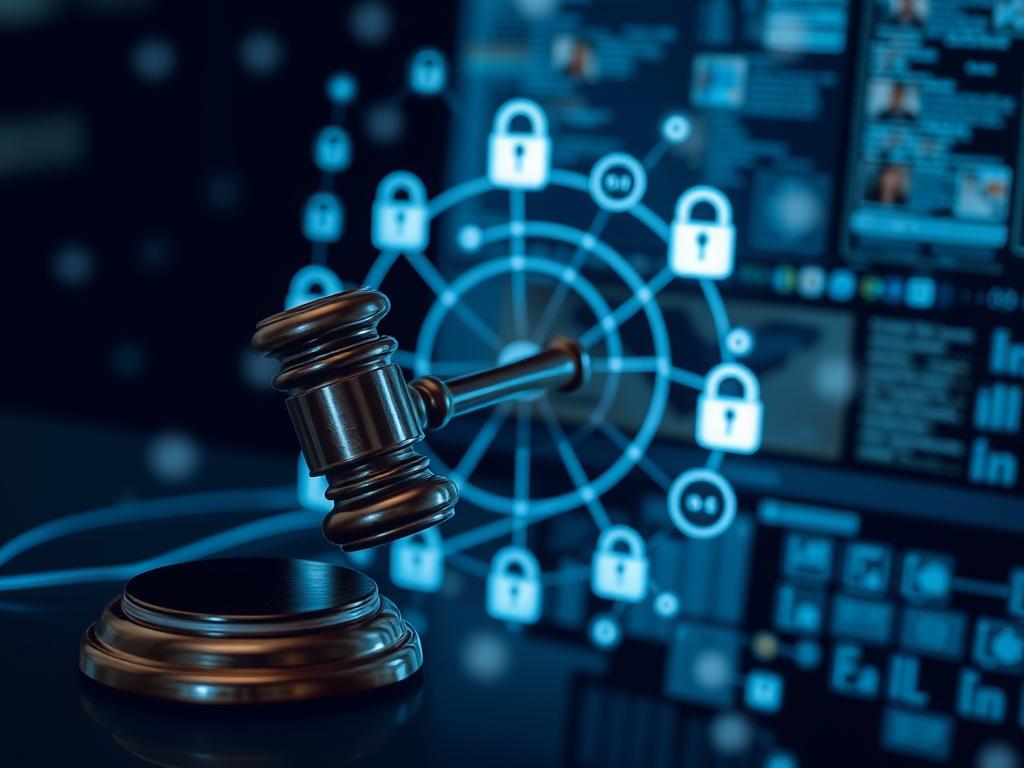
To provide a clearer picture, here’s a table comparing common P2P file sharing practices with legal alternatives:
| Method | Description | Legality | Common Usage |
|---|---|---|---|
| P2P Sharing of Copyrighted Work | Direct sharing of music, videos, software without permission | Generally Illegal | Illegal downloads, piracy |
| Public Domain / Open-license P2P Sharing | Sharing content with no copyright restrictions | Legal | Sharing classic literature, free software |
| Streaming Services (Spotify, Netflix) | Licensed access to content via subscription or ads | Legal | Music, movies, TV shows |
| Official Download Stores (iTunes, Steam) | Purchasing content directly | Legal | Software, games, media |
| Creative Commons Sharing | Sharing by creators under flexible copyright licenses | Legal | Creative projects, educational material |
Steps to Engage in Ethical and Legal P2P Sharing
If you’re interested in P2P file sharing but want to avoid legal troubles and ethical pitfalls, consider these practical steps:
- Confirm that the files you share or download are not infringing on copyright.
- Look for content available under public domain, Creative Commons, or similar open licenses.
- Use official P2P platforms that facilitate legal content sharing.
- Protect your privacy and security by using trusted software and avoiding suspicious files.
- Support creators by purchasing content when possible or using paid streaming services.
How Governments and Organizations Are Responding
Global governments have adopted varied strategies to tackle illegal P2P file sharing. These range from strict enforcement and prosecution to promoting legal alternatives. Some have enacted laws specifically targeting P2P networks or mandate Internet Service Providers (ISPs) to warn or block repeat offenders.
Organizations supporting creators advocate for stronger regulations and education about copyright. Meanwhile, consumer rights groups often push for balancing enforcement with innovative, affordable access to digital content, recognizing that outright bans might not be effective.
Conclusion
P2P file sharing sits at the crossroads of technological innovation, legal frameworks, and ethical dilemmas. While it has enabled convenient and widespread content distribution, the risks of copyright infringement and ethical concerns surrounding respect for creators cannot be ignored. Understanding the legal boundaries and ethical responsibilities helps users navigate P2P sharing in ways that support both accessibility and fairness. Embracing legal alternatives, respecting intellectual property, and practicing safe sharing behaviors ultimately contribute to a balanced digital ecosystem where creativity can thrive and users can enjoy content responsibly.
